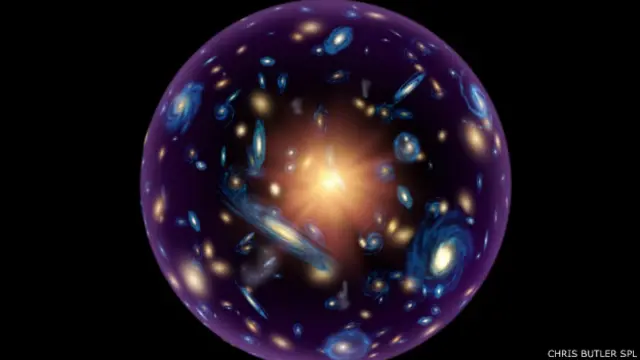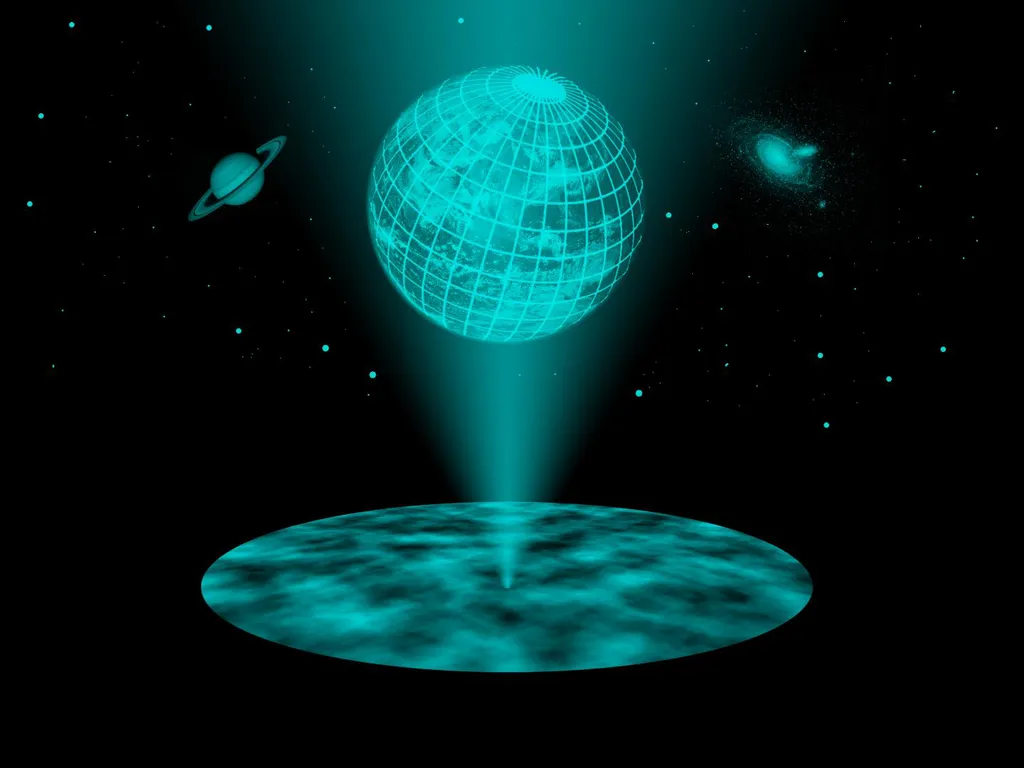Have you ever considered the possibility of a definitive end to our infinite universe? Does the universe have an expiration date? This is a topic that has fascinated and challenged scientists and thinkers for centuries. In this in-depth exploration, we'll dive into the topic, discovering whether the end of time is a real possibility in our infinite cosmos.
🌌🔭
In the following lines, we will journey through science, physics, and astronomy, exploring various theories about the ultimate fate of the universe. Our research is based on information provided by experts in the field and the latest scientific discoveries. This journey promises to be exciting and intriguing.
From the concepts of the Big Bang theory to the idea of infinite expansion, each theory will be broken down and explained to provide a clear understanding. We seek to provide answers and create a greater understanding of our universe and its possible end.
In addition, we'll analyze the effects of this hypothetical end. What would the end of the universe look like? What would it mean for us as a species? These are just some of the questions we'll address in our exploration.
So, if you're ready for a journey through time, space, and reality itself, read on. In this detailed study, the mystery of the universe and its possible expiration will be revealed. 🌠🌍
The final fate of the Universe: the Big Freeze
We will begin our exploration with the most widely accepted theory of how the universe could end, known as Big Freeze either Big Freeze.
This theory is based on the idea that the universe continues to expand. As a result, it will eventually reach a point where it can no longer sustain the formation of new stars. Ultimately, all existing stars will also exhaust their fuel and die, leaving only compact objects such as white dwarfs, neutron stars, and black holes.

Evidence of the Big Freeze
Evidence for this theory comes from observations of the expansion of the universe. Galaxies are moving away from each other at an accelerating rate, indicating that the universe is continually expanding. If this trend continues, the universe will eventually become so dispersed that stars will no longer be able to form.
Another perspective: the Big Crunch and the Big Bounce
Another theory about the end of the universe is the Big CrunchAccording to this view, the expansion of the universe will eventually stop and begin to contract. This would lead all galaxies, stars, and everything else in the universe to collapse into a singular point, a process that could result in another Big Bang, known as Big Bounce.
How could the Big Crunch happen?
For a Big Crunch to occur, the density of matter in the universe would have to be high enough to counteract the expansion of the universe. However, current measurements indicate that the universe does not have enough matter to trigger a contraction, making the Big Crunch theory less likely.

The Big Rip Theory
The last theory we are going to explore is that of Big RipThis theory postulates that the expansion of the universe is accelerating to the point where it literally tears matter apart.
The tearing apart of the universe
In the Big Rip scenario, the acceleration of the universe's expansion becomes so intense that it begins to overwhelm the forces holding galaxies, stars, and even atoms together. This would eventually result in the complete disintegration of all matter.
So, does the Universe have an expiration date?
According to current theories, the universe could come to an end, although the exact manner and timing are uncertain. The Big Freeze scenario seems the most likely, but the Big Crunch and Big Rip theories are also possible.
Limitations of current theories
It's important to keep in mind that all of these theories have limitations. For one thing, we still don't fully understand dark energy, which appears to be the driving force behind the expansion of the universe. Furthermore, quantum physics could have significant implications for the fate of the universe, but we have not yet fully reconciled quantum physics with our understanding of the cosmos on a grand scale.
Conclusion
In conclusion, the question of whether the Universe has an expiration date is a mystery yet to be solved, a question that continues to vex us. Current theories, such as the Big Freeze, the Big Crunch, and the Big Rip, present us with different possibilities for the fate of the Universe, although the Big Freeze scenario seems to be the most plausible based on current observations and measurements.
However, it's important to remember that all of these theories have their limitations and uncertainties, and there are many aspects of the Universe that we still don't fully understand, such as dark energy and quantum physics. These unknowns could have significant implications for the ultimate fate of the Universe and challenge our current assumptions.
For now, the universe's expiration date remains a mystery, a mystery yet to be solved. Although current theories suggest that the end of the universe is a possibility, there is still much we don't know and need to explore. So the search for answers continues in the fascinating and infinite field of cosmology, where each discovery brings us a little closer to understanding our immense and mysterious cosmos.
References
- Hawking, S. (1988). A Brief History of Time. Bantam.
- Peebles, P.J.E. (1993). Principles of physical cosmology. Princeton University Press.
- Perlmutter, S., et al. (1999). Measurements of Ω and Λ from 42 high-redshift supernovae. Astrophysical Journal, 517(2), 565.
Conclusion
In short, the answer to the question of whether the universe has an expiration date is "maybe." Current theories suggest it's possible, but there's still much we don't know about the universe and how it works. For now, the ultimate fate of the universe remains one of the greatest unsolved mysteries in cosmology.
So, does the Universe have an expiration date? The answer is a tentative "maybe," but for now, this enigma remains, causing us to gaze heavenward in wonder and curiosity as we continue our relentless quest for understanding in this vast, infinite cosmos.



